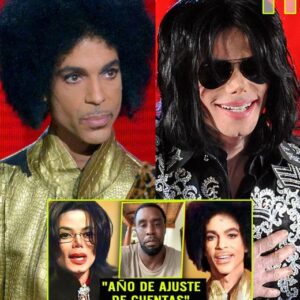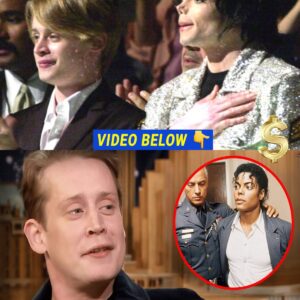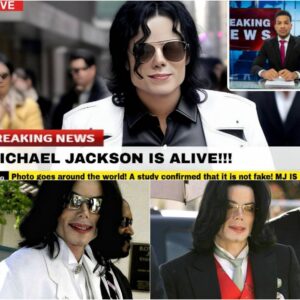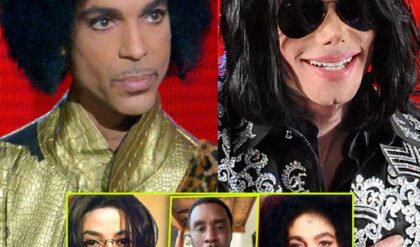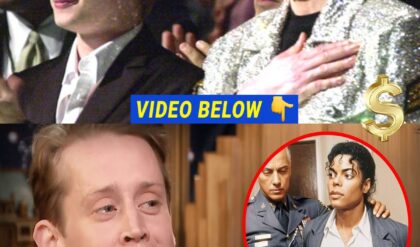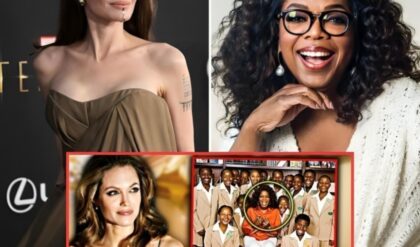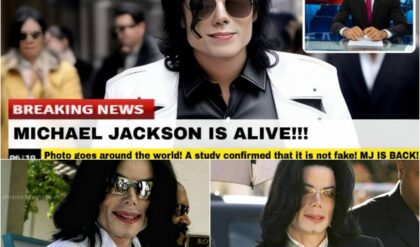In a surprising turn of events, media mogul Oprah Winfrey has sparked a lively discussion on American social media by expressing interest in the political views of pop superstar Taylor Swift.
Winfrey, known for her influential platform and ability to shape public discourse, made headlines when she commented on Swift’s recent political statements during an interview.
This unexpected intersection of two powerful figures has ignited conversations about celebrity influence in politics and the responsibilities that come with it.
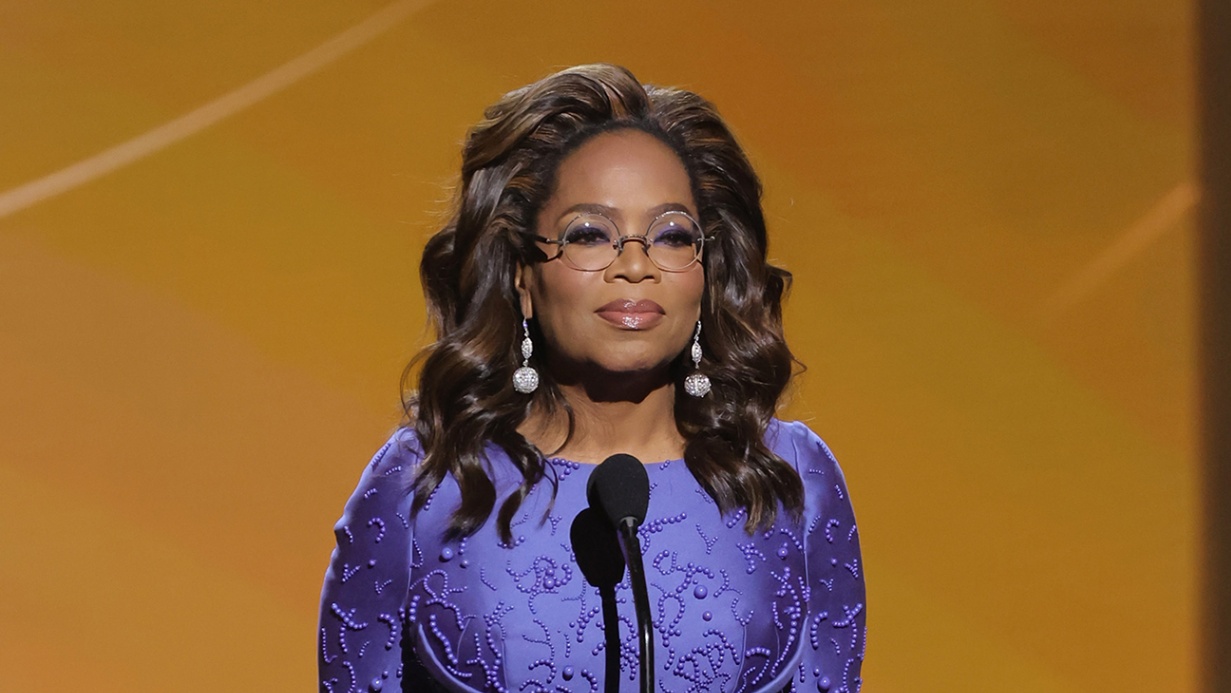
Oprah Winfrey, a household name and one of the most successful talk show hosts in history, has long been a champion for various social causes. Her opinions carry significant weight, and she has consistently used her platform to advocate for issues such as education, women’s rights, and racial equality.
In recent years, Winfrey has also engaged more directly with political matters, urging her audience to be informed and active citizens. Her admiration for Swift’s activism, particularly surrounding LGBTQ+ rights and voter engagement, has resonated with many of her followers.
In her remarks, Winfrey acknowledged Swift’s evolution from a country artist to a vocal advocate for progressive causes. “Taylor has grown into a powerful voice for her generation,” Winfrey stated. “I’m interested in what she believes and how she sees the world. We need more young voices in this conversation.”
This comment caught the attention of fans and critics alike, prompting a wave of reactions across platforms like Twitter and Instagram.

Swift, who has increasingly used her platform to address political issues, has been a vocal advocate for various causes. From encouraging her fans to vote to speaking out against systemic racism and discrimination, she has leveraged her influence to spark discussions on important social matters.
However, her foray into politics has not been without controversy, as some fans appreciate her activism while others feel that celebrities should remain apolitical. The convergence of Winfrey and Swift’s influence has led to discussions about the role of celebrities in shaping political discourse.
Supporters of both women argue that using their platforms to raise awareness can drive meaningful change. “Oprah and Taylor represent a new wave of engaged citizens,” one fan tweeted. “Their voices can mobilize a generation that feels disenchanted with traditional politics.”
Conversely, critics have raised concerns about the potential for celebrity opinions to overshadow more nuanced political discussions. Some believe that while celebrities can inspire engagement, their perspectives may not always reflect the complexities of political issues. “Just because someone is famous doesn’t mean they have all the answers,” another commenter pointed out.
“We need to focus on informed discussions, not just celebrity endorsements.” This recent dialogue underscores a broader trend in which celebrities are increasingly expected to take stances on political issues. With social media amplifying their reach, figures like Winfrey and Swift have the potential to mobilize millions.
Yet, this also places them under scrutiny, as their comments can influence public opinion and voter behavior. As the discussion unfolds, Swift’s response to Winfrey’s remarks remains to be seen. Historically, Swift has been strategic about her public statements, often waiting to engage in discussions until she feels the moment is right.
Should she choose to respond to Winfrey’s interest, it could further elevate the conversation around her political views and the impact they have on her fanbase.
Moreover, the implications of Winfrey’s comments extend beyond just these two celebrities. They reflect a growing recognition of the importance of youth engagement in politics. As younger generations become more politically active, the support of influential figures can be crucial in fostering a sense of civic responsibility.
Winfrey’s acknowledgment of Swift’s voice may encourage more young artists to step into the political arena, bridging the gap between entertainment and activism.

In conclusion, Oprah Winfrey’s expression of interest in Taylor Swift’s political views has ignited a vibrant discussion on social media, highlighting the intersection of celebrity and politics. As both figures continue to shape public discourse, the impact of their voices may resonate well beyond the entertainment industry.
Whether this dialogue leads to greater political engagement among younger audiences or fosters deeper discussions about the role of celebrities in activism remains to be seen. However, one thing is clear: the conversation around celebrity influence in politics is far from over, and it may play a pivotal role in shaping future social movements.
News
Michael Jackson and Prince Warned Us About the Fall of Hollywood in 2024: ‘Not All That Glitters is Gold!’
Michael Jackson and Prince Warned Us About the Fall of Hollywood in 2024: ‘Not All That Glitters is Gold!’ In the world of pop music, Michael Jackson and Prince were two of the most iconic and influential figures. While their…
The strange bed that would make MICHAEL JACKSON live to be 150 years old.
The Strange Bed That Could Have Kept Michael Jackson Alive Until 150 Michael Jackson, the King of Pop, was a man surrounded by mystery. His life was full of eccentricities, but one of the most bizarre stories was his obsession…
At 43, Macaulay Culkin Finally Reveals the Shocking Truth About Michael Jackson
Fame often brings an unrelenting spotlight, where the line between public and private lives blurs. For the King of Pop, Michael Jackson, this was a constant reality. While his legendary performances captivated the world, rumors and speculations trailed closely behind….
Breaking: Angelina Jolie Can’t Stand Oprah! Here’s Why (Video)
In a surprising twist, recent reports suggest that tensions have emerged between Hollywood icon Angelina Jolie and media mogul Oprah Winfrey. According to sources, Jolie has grown increasingly frustrated with Oprah over what insiders describe as “philosophical differences” and conflicting…
$H0CKING NEWS: Michael Jackson Is Alive At 65 And Ready To Testify Against Diddy! (VIDEO)
A shocking revelation is rocking the entertainment world: Michael Jackson, the King of Pop, is reportedly alive at 65 and ready to testify against Sean “Diddy” Combs in a case that promises to bring explosive details to light. Since his…
“TRUST ME, DIDDY REALLY DID IT…” Michael Jackson and Diddy’s “Freak Off” Video Leaked, and Paris Jackson is Furious for the Second Time
In a shocking turn of events, a leaked video allegedly involving Michael Jackson and Diddy has surfaced online, stirring controversy and confusion across social media platforms. The purported footage, described as part of a “Freak Off” party, has drawn intense…
End of content
No more pages to load
